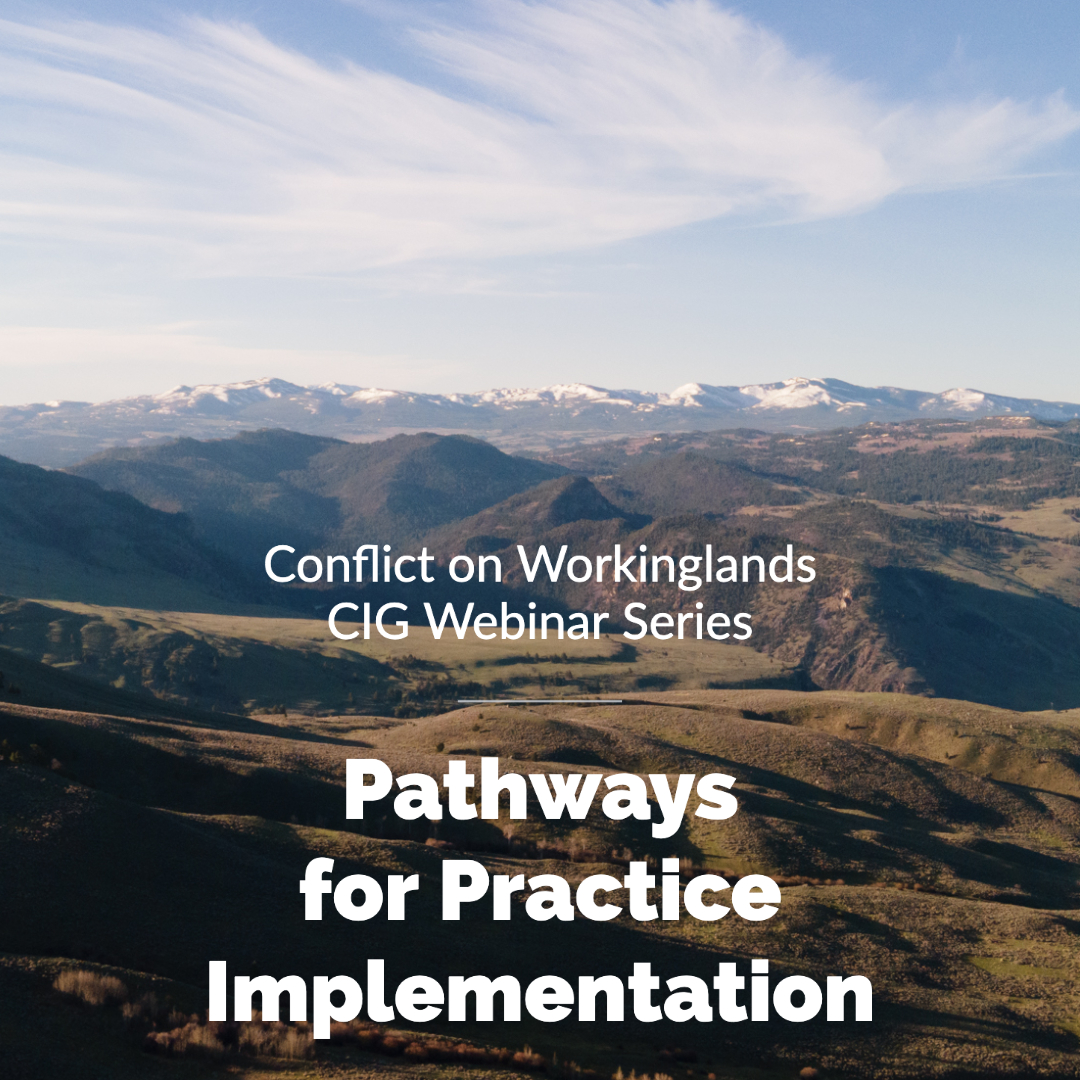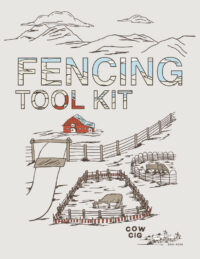There are emerging opportunities for technical and financial assistance through Farm Bill programs to support producers in the implementation of range riding, carcass management, and various types of electric fencing/fladry. Discussion will include guidelines for conflict risk assessment with utility for conservation planning, through evaluation of habitat and ranch production factors, along with approaches to site-specific implementation.
Non-lethal conflict prevention practices are one element of the 4C’s framework, a system-based approach to conflict reduction. The 4C’s – compensation, conflict prevention, control (lethal) and collaboration – comprise a framework that supports conservation and provides opportunities to address the social, ecological, and economic situation unique to each region, community, and operation.
If you would like more information on the webinars, please contact:
Bre Owens, bre@westernlandowners.org
or
Jared Beaver, jared.beaver@montana.edu
| Arizona, Colorado, conflict reduction, Idaho, Montana, New Mexico, Oregon, range riding, Working Wild Challenge, Wyoming
Range Riding Producer Tool Kit
Range riding is a long-used and flexible practice, making it a beneficial conflict reduction tool for use in diverse, ever-changing western landscapes. The overarching goal of range riding for predator…
| conflict reduction, grizzly bears, Wolves, Working Wild Challenge
Electric Fencing Producer Tool Kit
Fencing, turbo fladry and electric drive over mats are tools that can be used to deter conflict through exclusion of large carnivores and/or containment of livestock. These temporary, semi-permanent or…


